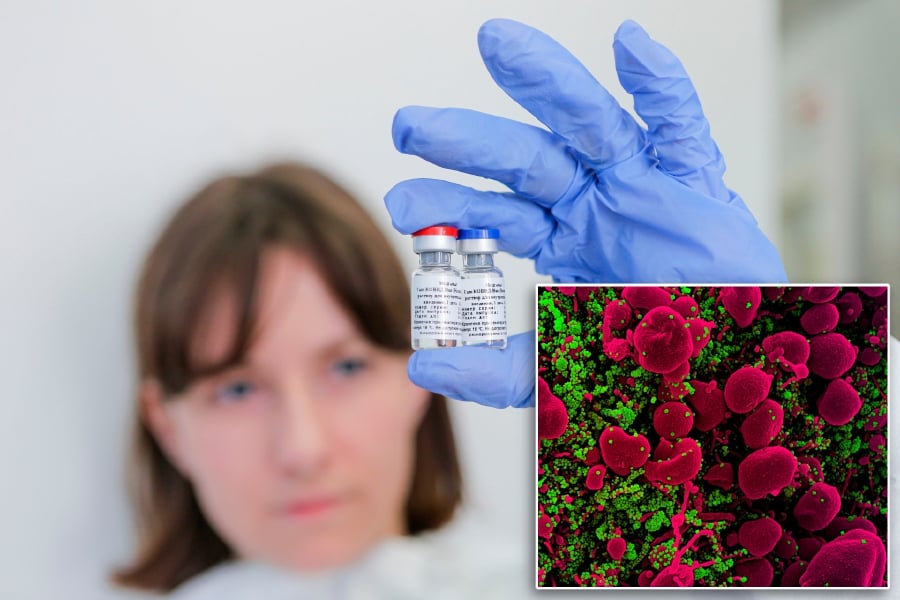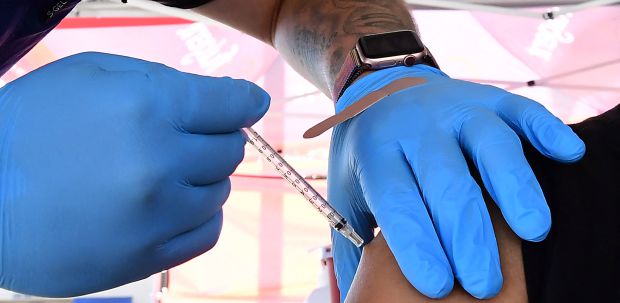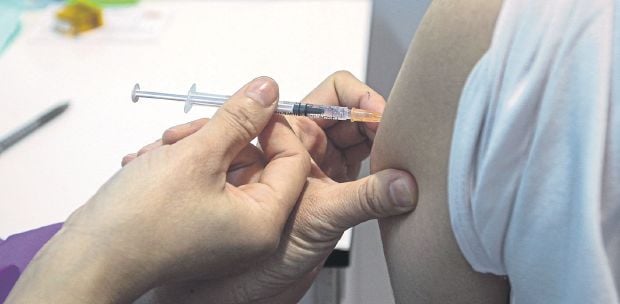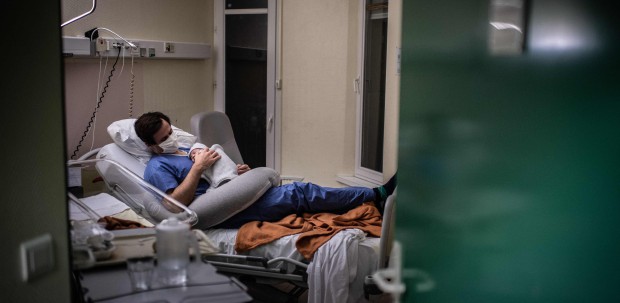KUALA LUMPUR: RUSSIA'S "Sputnik V" vaccine, said to offer sustainable immunity against the coronavirus, has to be validated with a dossier of clinical trials and data.
Public health specialist Dr Maznah Dahlui said while the superpower might have come up with a viable vaccine, experts were still in the dark over the veracity of the claim.
She said there were no means of verifying Russia's claim as well as knowing whether the vaccine was safe as there were no publications or data on its clinical trials and so forth.
The professor from Universiti Malaya said experts were also wondering what "genetic material" was extracted for the development of the candidate vaccine.
"There are so many things that we don't know about right now. When we talk about vaccine development, it usually takes around 10 years and if you push for it, five years may be possible.
"Yes, Covid-19 could push this record (for vaccine development), but the process involves so many steps, and China has only managed to identify and publish the gene sequence of Covid-19 in January."
Dr Maznah said it was crucial to have extensive pre-clinical tests and trials on animals first before occasionally restarting the process or moving on to human subjects.
She also said the initial stages of clinical trials should be done on a small group of people under 100 persons, where the dosage would be determined and adjusted.
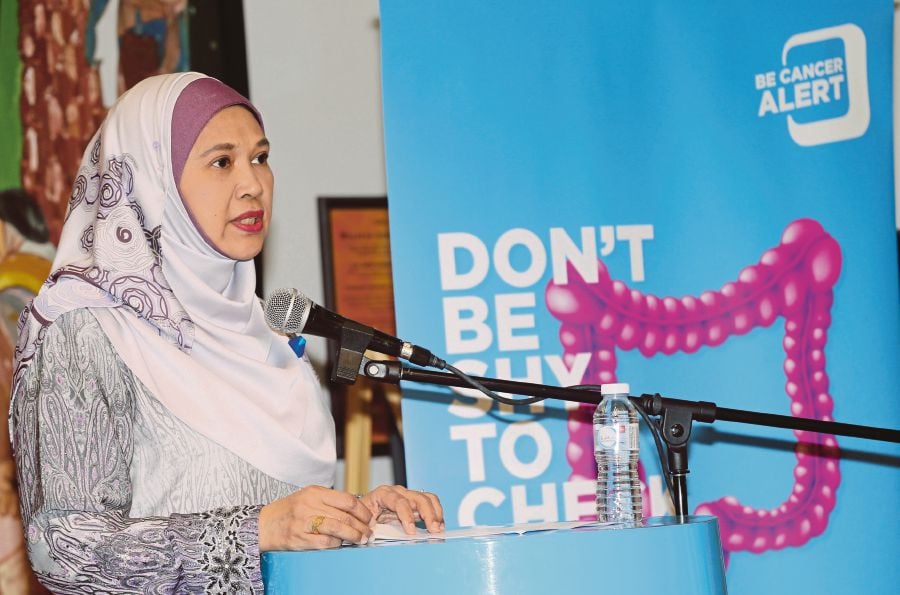
"The trial then moves on to testing the determined dose on a larger group, or under 1,000 persons, before developers progress to the third stage."
Here, more than 1,000 people from a broad spectrum of demographics would be chosen for the clinical trial.
"If it passes the trials, they are supposed to publish their data. Marketing and distribution of the vaccine will have to follow subsequently.
"If there are buyers, especially a demand from foreign nations, it automatically becomes a 'Stage 4' in vaccine development. But sometimes, even at Stage 4, there will be callbacks."
She said it was hard to say whether a candidate vaccine could provide immunity against all strains of the virus without the data.
"I'm sure they would have developed a vaccine against the strains infecting their people and those which they are researching. This is to get as much coverage as they can on the multiple strains. However, we need to see the research data first."
Even with a vaccine, she said it was no silver bullet against Covid-19.
"Maybe we will be infected with the (Covid-19) virus, but it will be less severe. Malaysia needs to look for a candidate with the most coverage against the strains, with minimum negative effects."
The expert in health economics also said the source country or pharmaceutical company may determine the cost of vaccines.
"For example, if the vaccine is good and the Health Ministry's pharmaceutical division greenlights it, we can negotiate with the producers.
"The World Health Organisation can also intervene by helping us lobby to get the formula so that we can produce it here. This way it will not be that expensive."
Dr Maznah further said priority should be given to the elderly, children, those with co-morbid diseases as well as healthcare workers.
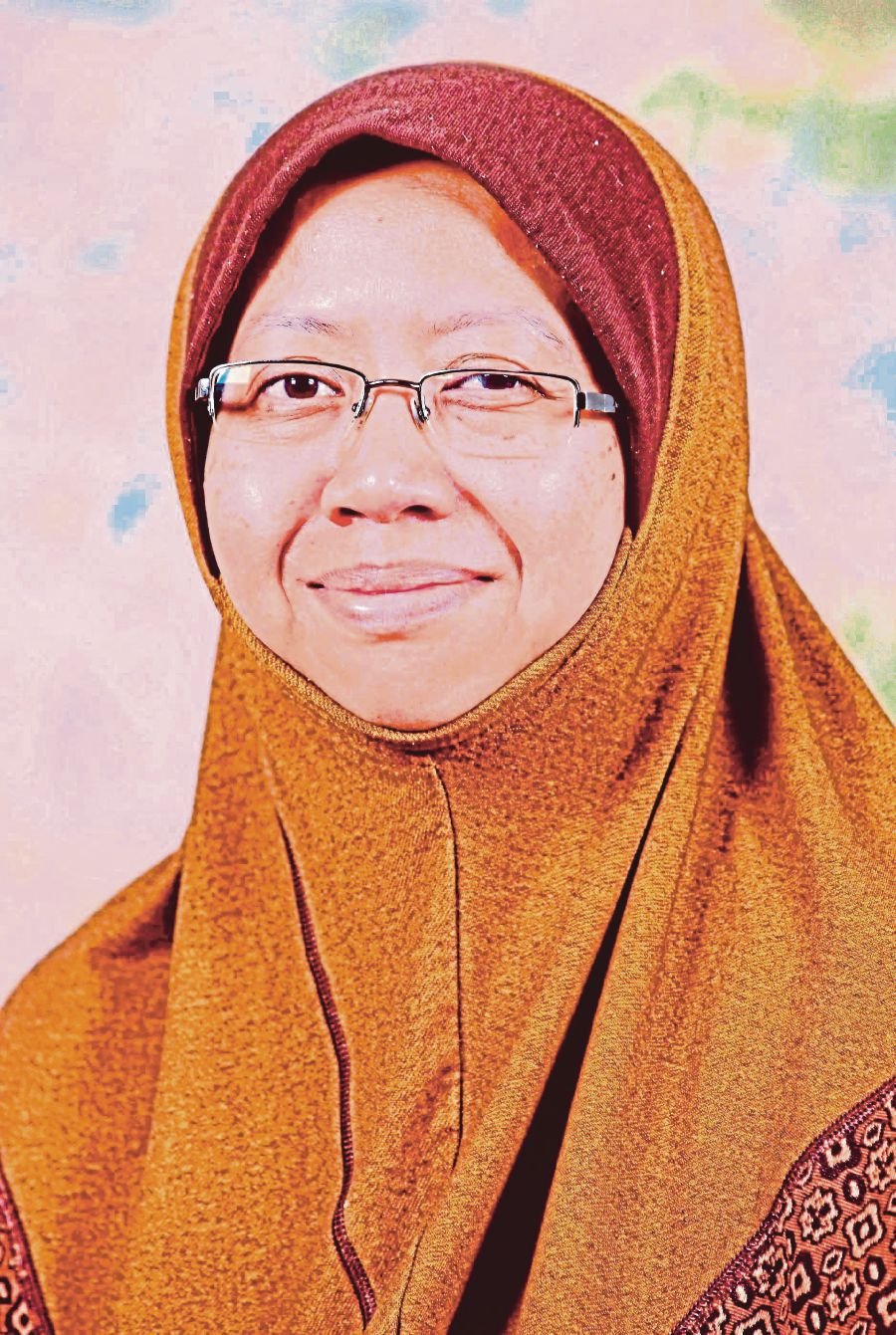
She also said the country should not be tied down to buying one candidate vaccine from one source only, and that buying from a number of sources based on safety standards viability and efficacy should be the way forward.
"In light of the risk that Covid-19 poses, we should get the first viable and safe vaccine in the market.
"Of course it has to have a dossier of data for reviews before we purchase it. We also have to select the strains that are related to us.
"However, as we go along, we need to do cost benefit analyses for the groups outside the non-vulnerable category to select the best ones."
Epidemiology and Biostatistics expert Dr Malina Osman said when a vaccine becomes available, the government through the Health Ministry should be its sole administrator and distributor.
"They can subsidise the B40 and other vulnerable groups like healthcare workers.
"But those who can afford it can buy it for a reasonable price from the government hospitals or clinics."
Page 1 caption: The Russian vaccine against the coronavirus, known as Sputnik V, is developed by the Gamaleya Research Institute of Epidemiology and Microbiology.


